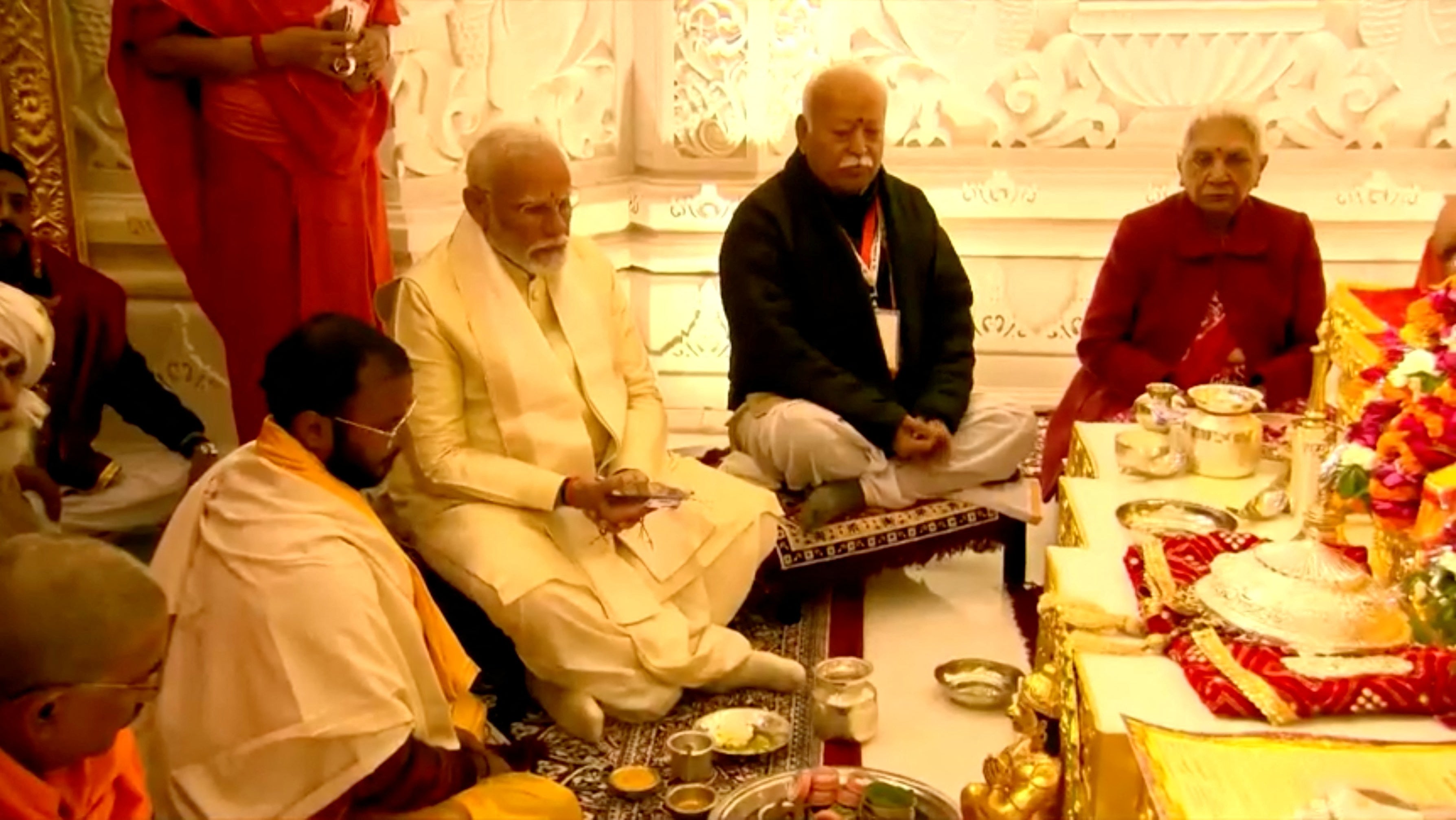India's powerful Hindu nationalist organisation, the Rashtriya Swayamsevak Sangh (RSS), has urged families to have three children each, citing concerns over the nation's declining birth rate.
Despite India being the world's most populous nation with 1.46 billion people, its total fertility rate has fallen to below two children per woman, according to the UN Population Fund's 2025 report. This trend coincides with the country's accelerating economic growth.
Mohan Bhagwat, the chief of the RSS – the ideological parent of Prime Minister Narendra Modi's Bharatiya Janata Party – stated that the population must remain "controlled, yet sufficient".
Speaking on Thursday at an event marking the RSS's centenary, Mr Bhagwat suggested that "in the national interest, every family should have three children and limit themselves to that".
His appeal for larger families reflects a growing apprehension among nationalist leaders and some regional politicians regarding long-term demographic stability, national capacity, and cultural identity.
For years, hardline Hindu groups have expressed concern over higher birth rates among minority communities, such as Muslims, even though data indicates that Indian Muslims are also having fewer children than in the past.

Bhagwat too said birth rates were declining across religious groups.
While the RSS officially describes itself as a cultural organisation promoting Hindu values, it wields enormous influence through its vast network of affiliates and millions of grassroots volunteers.
Many of Modi’s senior ministers, including the prime minister himself, are long-time members of the RSS.
Analysts say BJP’s policy priorities — from cultural and education reform to citizenship laws — frequently echo positions championed by the RSS, making the organisation one of the most powerful civil society groups in the world.
Bhagwat rejected criticism that the RSS was opposed to Muslims - who make up about 14 percent of India's population - and other minorities saying the organisation viewed all of them as Indians.
"Our ancestors and culture are the same. Worship practices may differ, but our identity is one. Changing religion does not change one’s community," he said.
"Mutual trust must be built on all sides. Muslims must overcome the fear that joining hands with others will erase their Islam."
Canada and India name new ambassadors nearly year after expelling top envoys
Pakistan floods force mass evacuations as Sikh holy shrine inundated
Why a man was killed in India when a music system malfunctioned
Trump aide calls Russia-Ukraine conflict ‘Modi’s war’ amid US-India tariff tensions
India unveils plan to get around economic impact of Trump’s 50% tariffs







